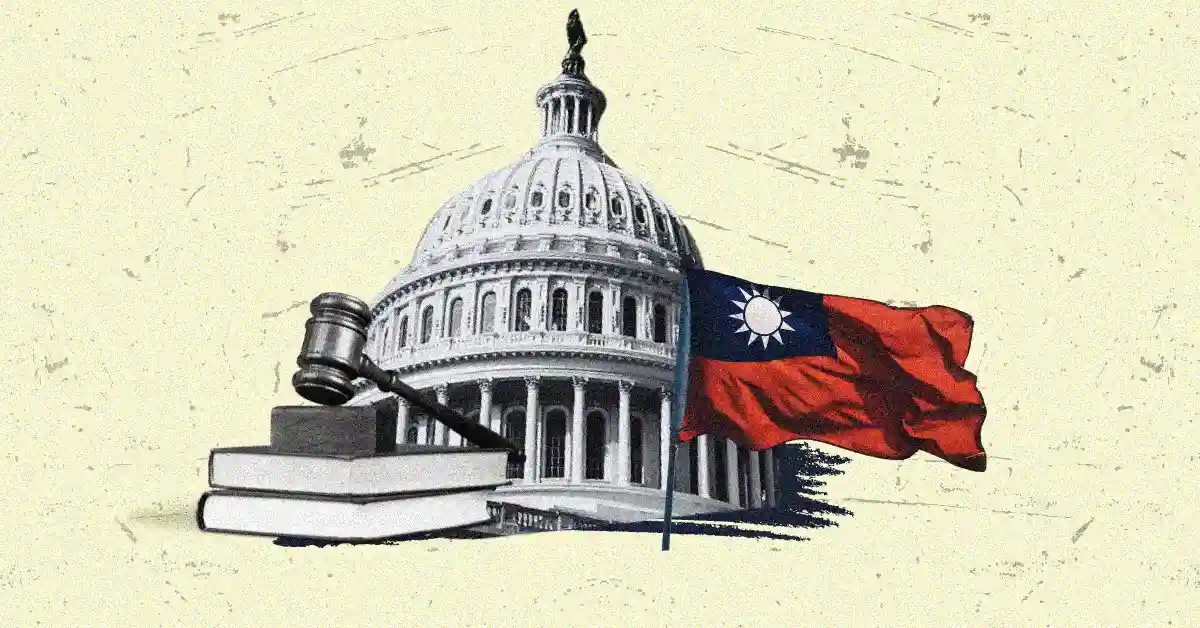
As the global cryptocurrency landscape evolves, Taiwan is among several nations stepping up efforts to regulate the industry. Countries like Singapore, Iran, Dubai, the UK, and India are also working diligently to establish fair and transparent laws aimed at safeguarding investors from fraud and scams. Amidst this international wave of regulatory changes, Taiwan is making significant strides to combat crypto fraud. In response to what some are calling the “Trump effect,” the country is implementing a robust set of rules scheduled to take effect on November 30, a month earlier than initially planned.
What’s New for Crypto Companies?
The new regulations mandate that all cryptocurrency exchanges and service providers operating in Taiwan, whether domestic or international, must register with the Financial Supervisory Commission (FSC). These entities are also required to comply with enhanced Anti-Money Laundering (AML) regulations. To establish operations in Taiwan, companies must set up a local office or branch. Non-compliance with these regulations will attract severe penalties, including substantial fines and potential imprisonment for up to two years.
These regulatory changes extend beyond the scope of money laundering prevention. Cryptocurrency companies will now need to bolster transparency efforts, maintain meticulous transaction records, and establish clearer procedures for the listing and delisting of cryptocurrencies. The FSC is tightening its examination of how exchanges manage customer data and safeguard user funds, ensuring a more secure environment for crypto investors.
Why the Rush?
The FSC’s decision to expedite these regulatory changes is driven by a growing public demand for stronger fraud prevention measures. This urgency is in response to increasing concerns about crypto-related fraud. Jin-Lung Peng, Chair of the FSC, has emphasized that the new framework aims to protect consumers, enhance the security of the crypto market, and foster greater adoption of cryptocurrency.
Penalties for Non-Compliance
Recently, major Taiwanese exchanges, MaiCoin and BitoPro, faced fines amounting to NT$1.5 million (approximately $45,000) for their failure to comply with existing AML regulations. These exchanges were found lacking in their transaction monitoring processes and understanding of their customers’ fund sources. These penalties underscore the government’s increasing scrutiny and determination to ensure that crypto companies adhere to the new standards.
Expert Opinions
Kevin Cheng, a renowned crypto lawyer, has noted that the new regulations introduce heightened oversight for existing virtual asset service providers (VASPs). This move broadens the regulatory focus beyond just AML measures, aiming for stronger consumer protection and improved data security.
In essence, Taiwan is positioning itself as a leader in crypto self-regulation, capitalizing on a burgeoning market. With Bitcoin poised to reach the $100K milestone by year-end, these new laws could significantly boost investor confidence. As geopolitical dynamics shift, countries such as Russia, Hong Kong, and Singapore are also keen on ramping up their crypto adoption, recognizing Taiwan’s proactive stance in this domain.






